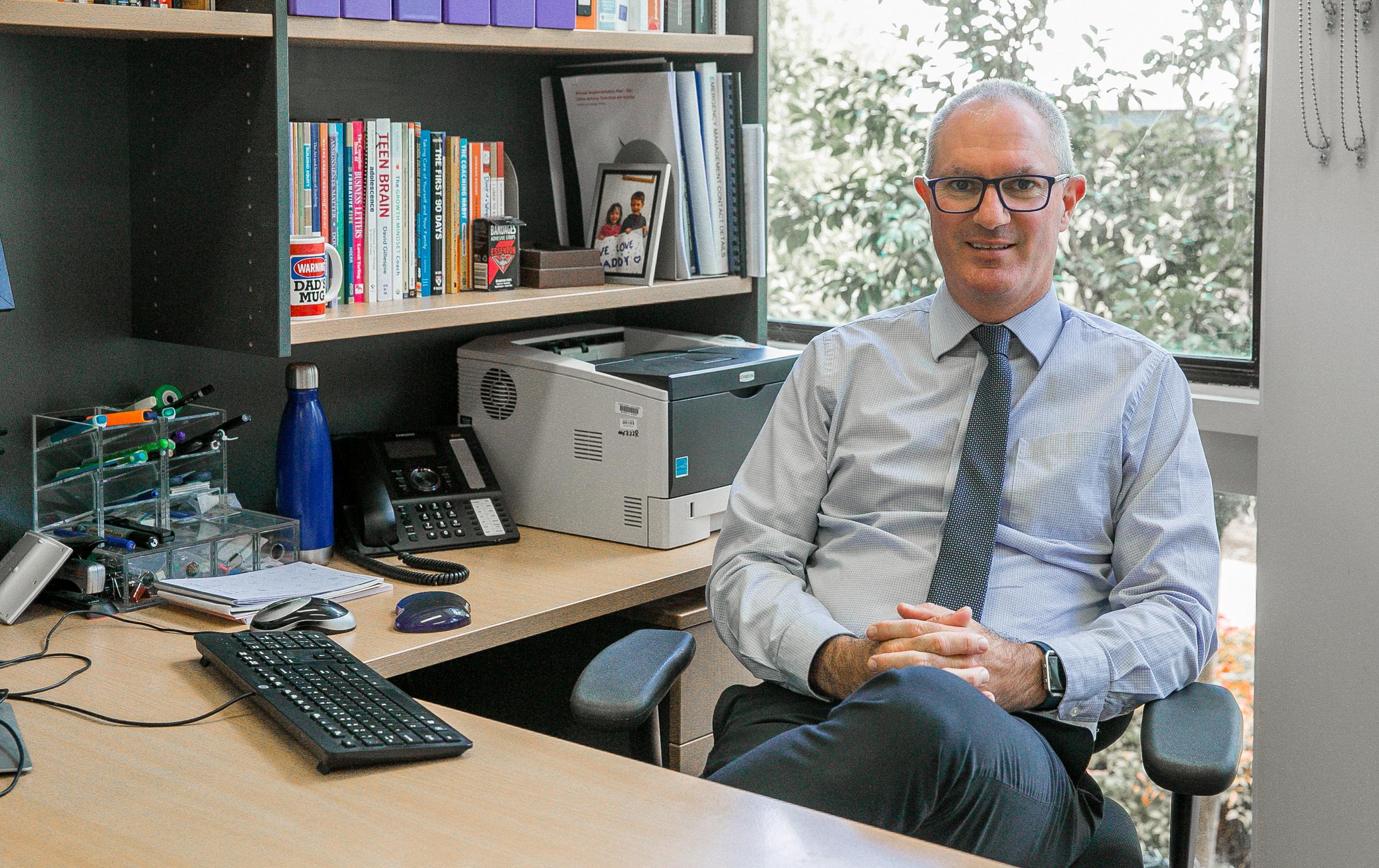Principal Team Editorial

Growth over grades
In 2022, two thirds of our school students (Year 7, 8, 11 and 12) will be provided with feedback primarily focussed on growth, not grades. This is not common practice in schools and something that both students, teachers and parents take time to adjust to. In many forums with parents where we have discussed this shift, there is often anxiety about why this change is happening and whether because of this students in some way would be missing out. In today’s editorial I answer some of the more common questions students, parents and teachers often have.
My child is in Year 12, if you’re not giving grades how does that impact on them getting a study score or ATAR?
Our Year 12 teachers will continue to record a numerical result (score) for each students SAC/SAT that they are required to complete. This has to be done and the information is recorded in the Victorian Assessment System Software (VASS). This data determine study scores/ATAR. Schools rarely provide this raw result to students, because it can change when the process of statistical moderation occurs (https://www.vcaa.vic.edu.au/assessment/vce-assessment/how-vce-assess/how-pages/Pages/StatisticalModeration.aspx). Our students will not receive a grade for their SAC/SATs, but they will receive very specific feedback via a developmental rubric. This allows students to learn from the feedback and improve their performance next time.
This is a good explanation of why:
“During my initial years of teaching, this was a common occurrence in my Year 12 Business Studies classes. Students' questions made it apparent that they were still confused about the next steps in their learning. It seemed that they were so blinded by their marks, that they ignored the written feedback. I remember reading once that the ‘only important thing about feedback is what students do with it,'(Wiliam, 2016).
Why didn't they value the feedback? This question echoed in my mind for a while. The truth is, if students are merely focused on the mark/grade, no amount or type of feedback will ever be effective.” https://www.teachermagazine.com/au_en/articles/using-developmental-rubrics-to-enhance-student-achievement#:~:text=One%20major%20component%20of%20the,framework%20(Griffin%2C%202017).
If my child is not getting a grade then how do they know where they sit in the pecking order?
The students that tend to struggle the most with the concept of not getting a grade, on average, tend to be the more capable high achieving students. Getting a good grade might be a boost to morale, but as explained above often the rest of the feedback is ignored. It is possible for students to continually get “As” without actually improving or demonstrating growth in their subjects. When we focus on providing detailed feedback on what a student has achieved in a particular skill, within a component of a subject, during a unit of learning, they can then set a challenging learning goal that will stretch them to achieve more. If a student has a learning growth focussed on grades, they miss the opportunity to focus on how they have improved and instead focus on what they have achieved. I like this summary:
“Grades, ideally intended as an effective means to learn, have transformed into a goal in itself. Grades force students to memorize those details necessary to pass a test, often disregarding true comprehension of the subject matter. In this process, the student’s personal development is becoming a footnote, overshadowed by the imperative significance of grades. What are the implications for educational institutions? How effective are they in fulfilling their duty, which is to educate the next generation?” https://www.thnk.org/blog/3-reasons-grades-bad-education/
Where a student sits in the pecking order, is less important than whether they have improved their own skills over a period of time. That being said, our students (Year 7-10) are mapped developmentally against the Victorian Curriculum, so our teachers will always know, in fine detail, what students can achieve and whether they are above, below or “average” for someone of similar age. Importantly we want to share this information in real time, so parents know to and so that they don’t have to wait until the end of the semester report.
Is there ever a reason for a teacher to give a grade? Why is feedback so important?
In short yes. Grades are useful when measuring performance at a particular point in time. However they are a poor indicator of learning and an inadequate form of feedback. It will be important for us at times to measure a students performance, but this should not be the default method of assessment, it should be the exception, not the rule. What if instead of giving grades teachers used this technique: Find and fix your mistakes - Instead of marking answers as correct or incorrect, tell the students the number of answers that were wrong. Give them time in class to find and correct their mistakes, either individually or in groups. https://www.learningsciences.com/blog/10-feedback-techniques/
To summarise our goal is to ensure that all students receive quality feedback, that allows them to better understand what they can and can’t do and most importantly the next steps in their learning. How does getting an A or very high actually improve our ability learn and get better?
Kevin Murphy
Principal
